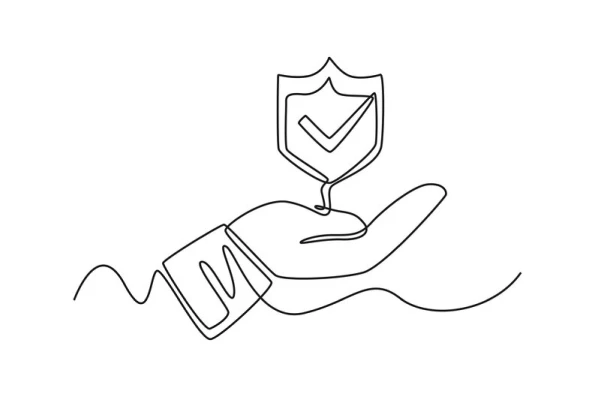Dubai's Mandatory Health Insurance Law: What You Need to Know
Dubai places a strong emphasis on the health and well-being of its residents and its mandatory health insurance law reflects this commitment. The system ensures that everyone has access to essential medical services, contributing to a healthier, safer and more productive community. This guide breaks down the key aspects of the law, helping you understand your responsibilities and how to stay compliant.
Since 2014,
Health Insurance Dubai Mandatory regulations have protected residents from unexpected medical expenses and guaranteed access to quality healthcare. As 2025 brings new updates, here’s a clear guide to staying compliant.
Understanding the Basics of Mandatory Health Insurance
Dubai’s health insurance framework is governed by Health Insurance Law No. 11 of 2013, which requires all residents, including expatriates, to maintain active
health insurance policies. Under this law:h insurance policies. Employers are obligated to provide coverage for their employees
- Employers are responsible for providing coverage to their employees.
- Individuals are responsible for insuring their dependents, including spouses, children and domestic helpers.
Also Read:
Dubai's mandatory health insurance laws
Since its implementation in 2013, the law has introduced the Essential Benefits Plan (EBP) for individuals earning less than AED 4,000 per month. The EBP ensures a minimum level of coverage for employees and their dependents, fueling the growth of Dubai’s
health insurance market. In 2024, the broader GCC health insurance market reached USD 18.4 billion, reflecting the rising demand and importance of coverage.
Key Regulations and Compliance Deadlines
Staying compliant with
Dubai’s health insurance law requires understanding timelines and deadlines:
- New Residents must obtain valid health insurance within 14 days of visa issuance.
- Existing Residents must renew their policies before expiration.
Failure to comply can lead to fines and visa complications. While there is no grace period for coverage, a grace period may exist for fine payments. Residents face a DOH fine of AED 300 if insurance is not valid.
What Changed in 2025
- Expanded EBP network: Over 2,600 medical facilities, up from 1,900 previously.
- Immediate maternity coverage: Available with a 10% co-insurance.
- Tele-health services: Now included as standard across all plan tiers.
Digital Verification and Authorized Providers
Having a valid
insurance policy is only part of compliance—digital verification is equally critical.
- Dubai residents must ensure their policies are registered on the Shafafiya portal.
- Abu Dhabi residents can verify coverage via the TAMM application.
- Purchasing insurance from authorized providers is essential. Policies from unauthorized sources may be invalid, leaving you unprotected during medical emergencies.
Strict Timelines and Penalties: Avoid Getting Uninsured
Non-compliance with Dubai and Abu Dhabi’s health insurance laws can result in fines and visa complications. Key rules include:
- New Residents: Must secure insurance within 14 days of visa issuance to avoid fines.
- Existing Residents: Must renew coverage before expiry; failure results in AED 300 fines.
| Resident Category
| Compliance Timeline
| Penalty
| Grace Period Details
|
|---|
| New Resident
| Within 14 days of visa issuance
| AED 300
| Applies only to fine payment, not coverage
|
| Existing Resident
| Before policy expiry
| AED 300
| Applies only to fine payment, not coverage
|
Tips to Stay Compliant:
- Schedule renewals well in advance to maintain continuous coverage.
- Avoid unauthorized providers to ensure your insurance remains valid during emergencies.
- Verify that your policy is linked to Shafafiya (Dubai) or TAMM (Abu Dhabi).
Choosing the Right Plan Tier
Essential Benefits Plan (EBP):
- Recommended for employees earning AED 4,000 or less.
- GP visits: AED 10 copay.
- Pharmacy co-insurance: 30%, capped at AED 1,500.
Enhanced Plan:
- Offers higher coverage limits, dental check-ups and physiotherapy.
- Typically costs 60% more than EBP.
Premier / Worldwide Plan:
- Provides global coverage, private hospital rooms and zero copay at top-tier hospitals.
How insurancehub.ae Helps
Insurancehub.ae simplifies finding
compliant Health Insurance Dubai Mandatory options. The platform allows you to:
- Compare DHA-approved plans instantly
- Highlight any exclusions
- Receive an e-card accepted by DHA within 24 hours











.png)
.png)
.jpg)
.gif)












